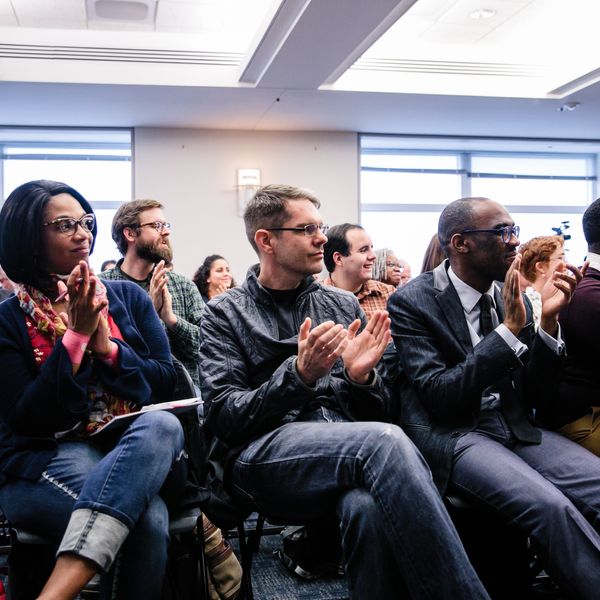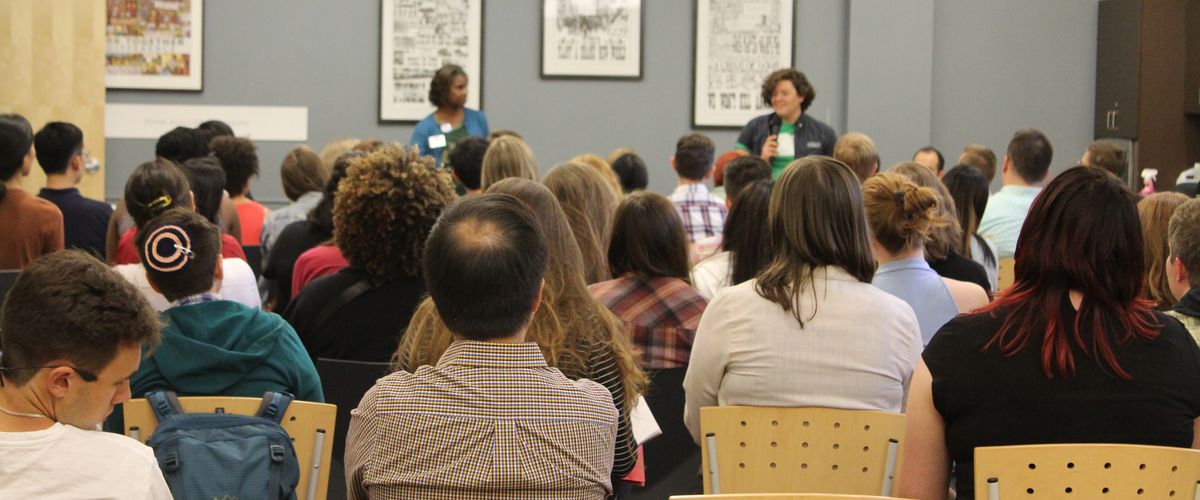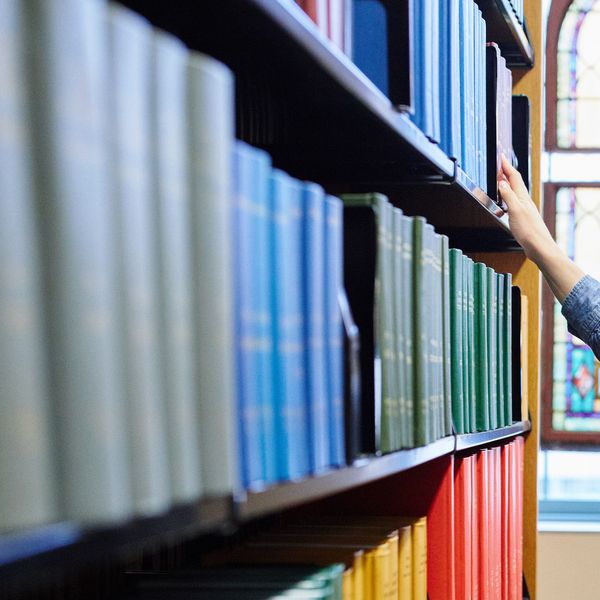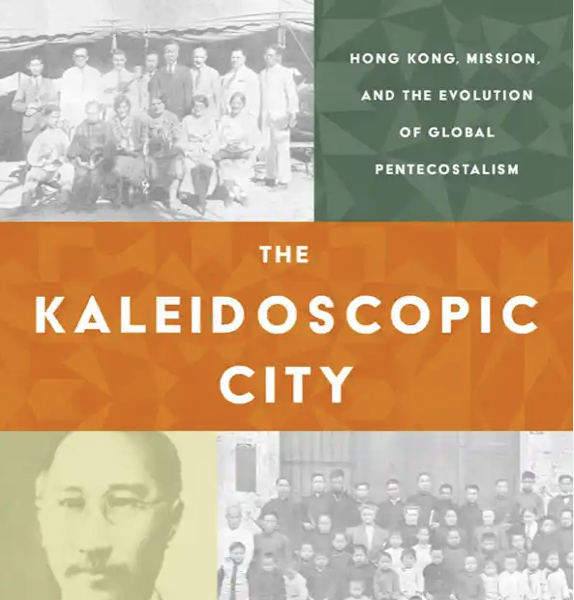
Online Offerings
Sign up for a mini-course to address a specific congregational issue and be empowered to implement a plan. Or join a spirituality group, which creates community around...
Find a Course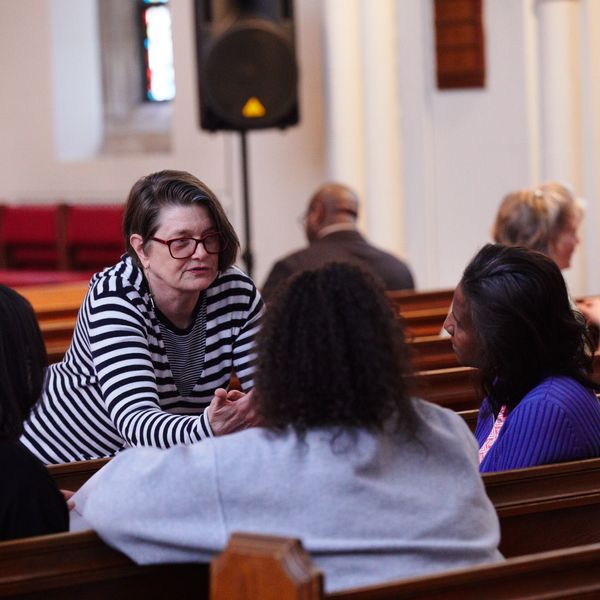
Continuing Scholars
Are you a BUSTH alum? You can still study with our faculty and renew yourself for ministry in the Continuing Scholar Program.
Learn More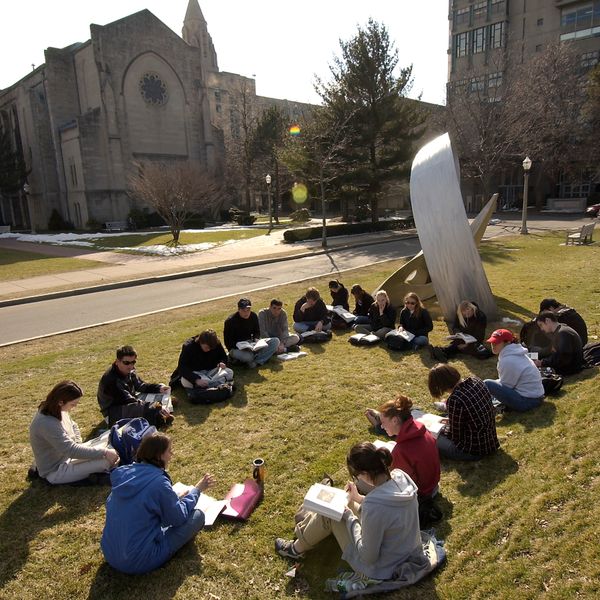
Centers and Programs
On-campus centers and programs can help connect your academic interests with the practice of ministry lived out in the world.
Read More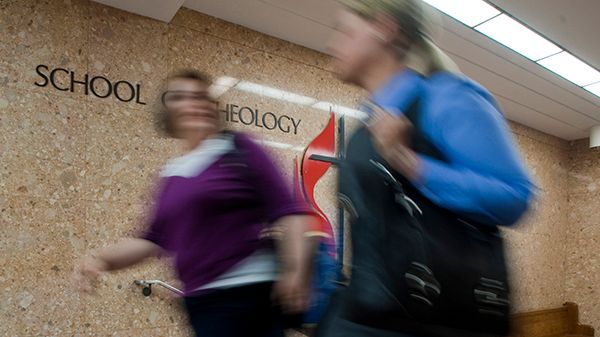
Event Recordings
Interested in viewing the timely topics offered by our Diversity, Equity, & Inclusion Office? Miss our weekly worship service? Browse our event recordings for these and many more topics. At the Boston University School of Theology, there's always something to learn.
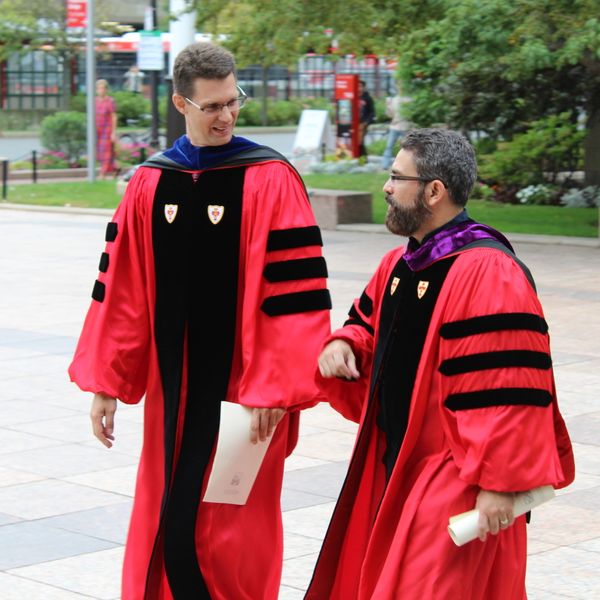
Meet Our Faculty
Experts in a wide range of fields, our faculty is among the most published and cited in the country.
See Profiles